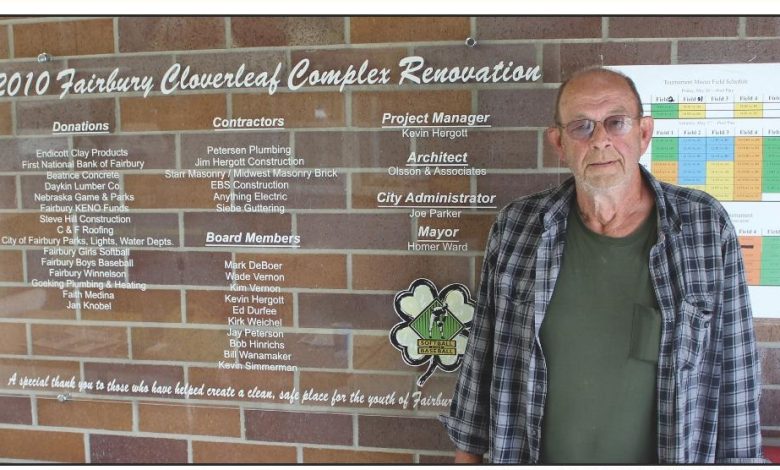


By Ben Schwartz The Baseball/Softball Cloverleaf Complex in Fairbury City Park will soon be renamed in honor of Ed Durfee. With that in mind, we at FJN thought now would be an opportune moment to revisit this story about Ed Durfee, first published June 28, 2017. Ed Durfee doesn't quite play as active a role …
Please login to view this content.